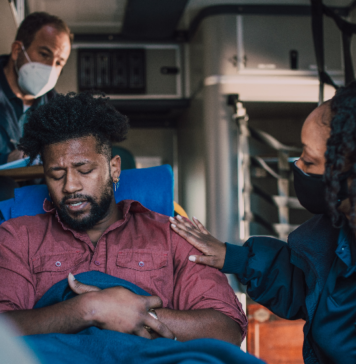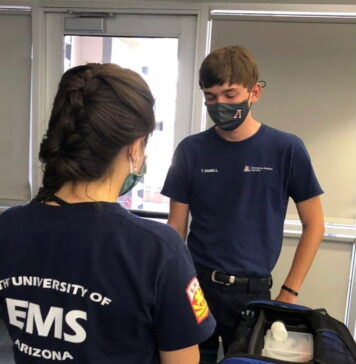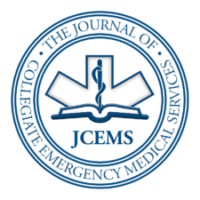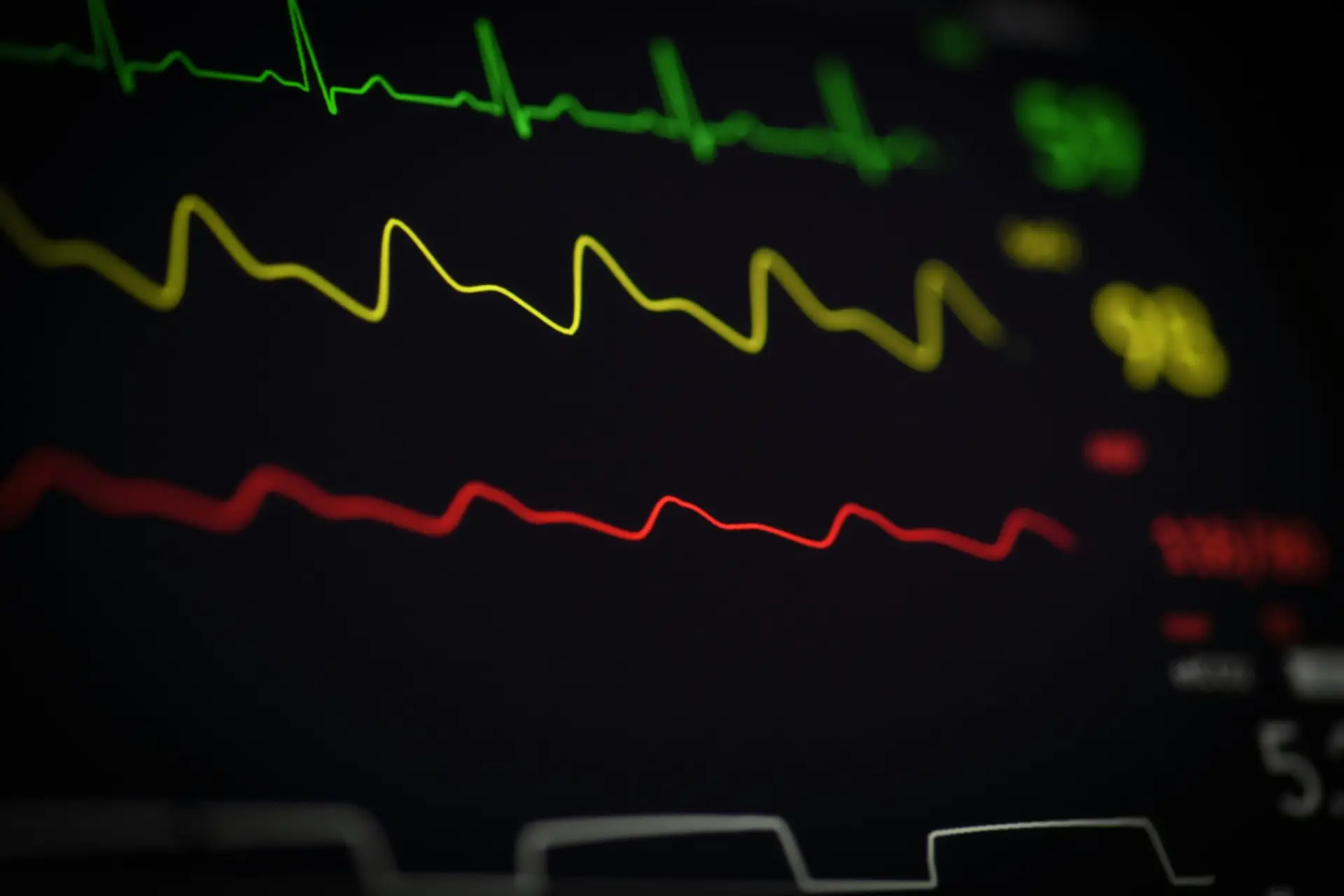Marketing Your EMS Experience
Collegiate EMS providers should leverage their experience in EMS to demonstrate their qualifications for employment or graduate education.
Tackling Barriers to Seeking Emergency Care
To encourage care-seeking behavior, collegiate EMS leaders spearheaded the development and implementation of a medical amnesty policy.
You Can Learn a Lot from a Pair of Sneakers
To be treated like professionals, collegiate EMS providers need to display professionalism in their attitude and appearance.











